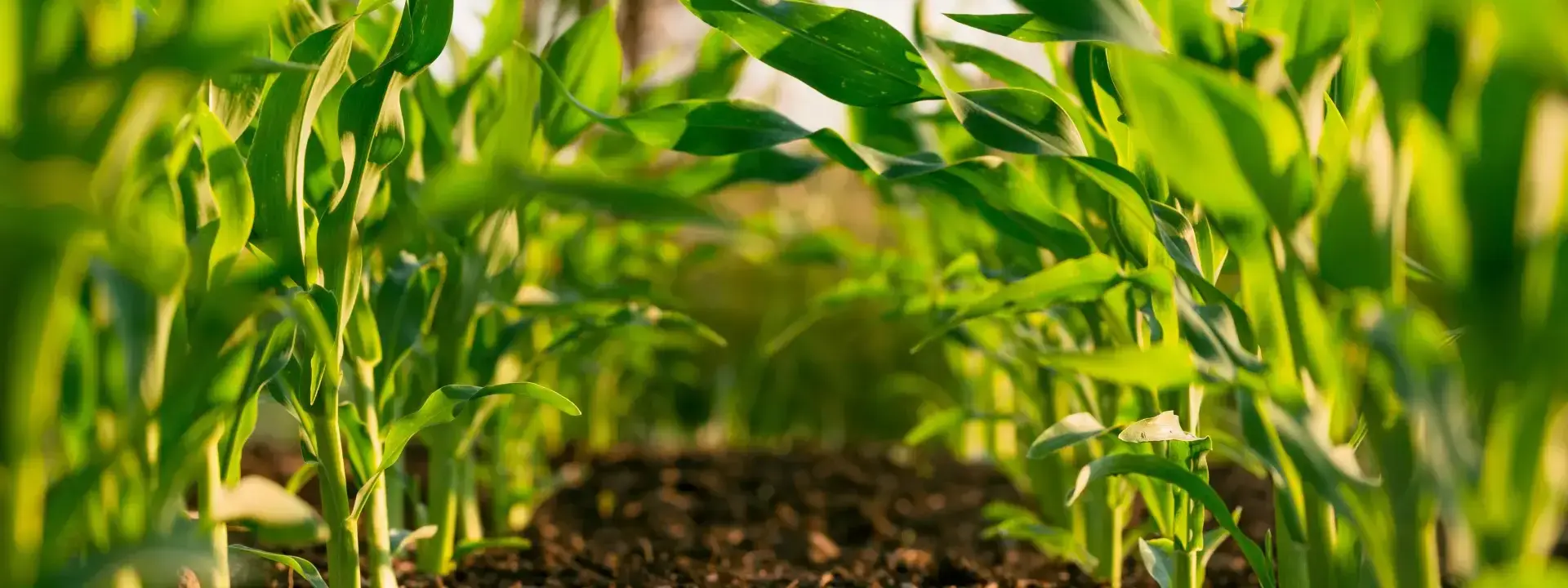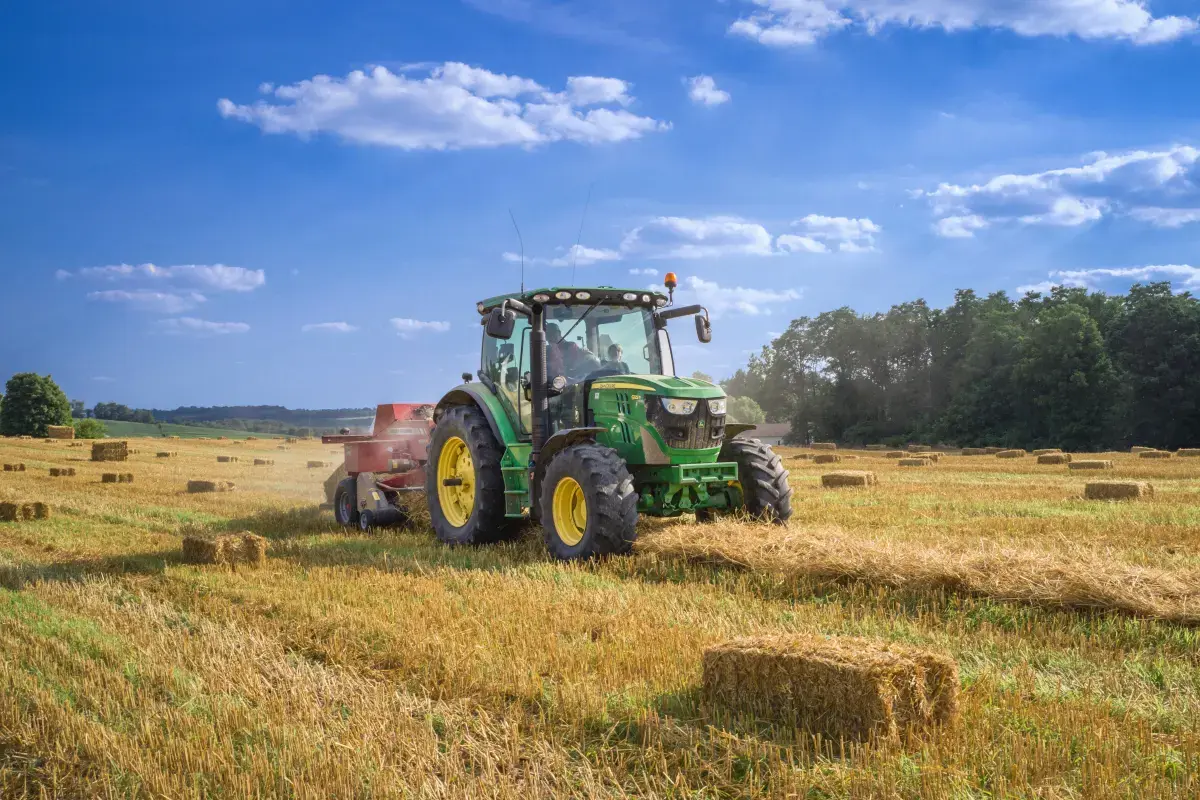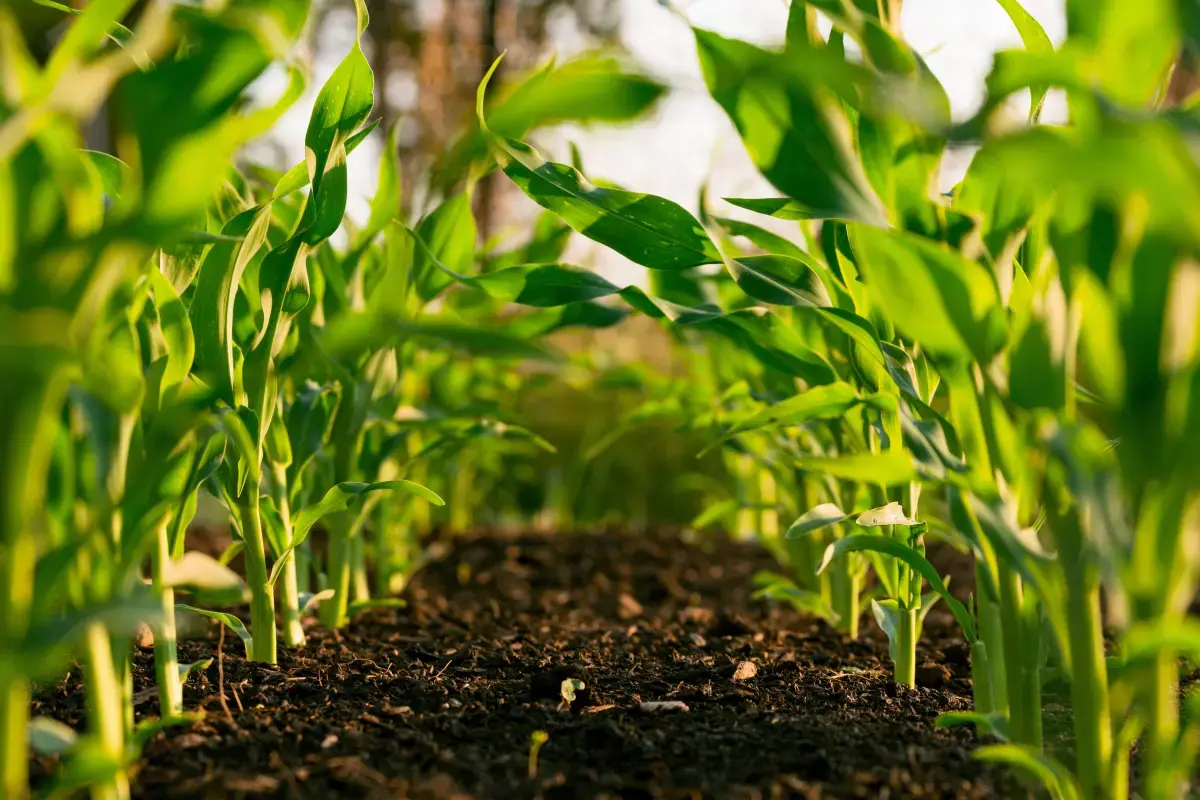
Agriculture, Conservation & Farming Services
Find the Best Agriculture, Conservation & Farming Work Near You
Hire the Most Trusted Local Agriculture, Conservation & Farming Workers Near Me. Choose how you work. Choose who you hire.

Find & Hire Agriculture, Conservation & Farming Experts via our 4 Flexibile Work Services
Choose which service works for you to find, hire and recruit highly skilled and trusted Global Agriculture, Conservation & Farming Experts
Gigs
Jobs
Volunteers
Promote
How the gigexchange Global gig economy service works?
Create Your Gig Economy Listing
Post any gig job work task you need completed by our experts
Select the Best Freelancers & Gig Workers
Select from our trusted & verified Global self-employed gig workers
Safe & Secure Financials
We hold the money while the work gets completed to your satisfaction
How the gigexchange Global job portal website works?
Business & Recruiters
Advertise your Agriculture, Conservation & Farming Jobs for FREE to recruit and employ the best job seekers
Job Hunters
Search for Full-Time & Contract Jobs. Find your dream Global job through our online recruitment & employment platform.
How the gigexchange Global volunteering platform works?
Charities & Non-Profit Organisations
Post a Volunteer Advert for FREE, always!
Volunteers
Search and find volunteering roles
How the gigexchange Global advertising service works?
Post a Classified Ads
Advertise your Agriculture, Conservation & Farming business service for FREE
Find New Customers
Connect and engage with new customers
Feedback, Ratings & Reviews
Grow your brand on gigexchange through our Customer Testimonials & Accredited Reviews
Check our Agriculture, Conservation & Farming Services
What is the Agriculture, Conservation & Farming Industry
The agriculture industry is an umbrella term that covers the global production, processing and marketing of food, fiber (including textiles) and other agricultural commodities. It includes primary activities such as crop cultivating, livestock raising, aquaculture farming and forestry; while secondary activities include milling grain into flour or pressing oil from olives. The sector also encompasses related services such as packaging materials for shipping goods to marketplaces worldwide. Agriculture plays a critical role in the global economy by providing essential inputs for economic development including employment opportunities for billions of people around the world; land use systems that create soil fertility; renewable energy sources through biomass fuels like wood pellets and briquettes used in cooking stoves; nutrient-rich foods grown with sustainable agroecological practices ensuring high yields over time without exhausting soils or water resources. Furthermore, because it’s closely linked to ecosystem health—in particular climate change mitigation efforts—agricultural markets are increasingly important channels where countries can seek out carbon credits which provide additional income streams necessary for investing back into rural economies at home or abroad. In addition to its importance as a driver of economic growth both directly via farm output sales/exports but indirectly via business spinoffs throughout value chains leading up to those exports (e..g., transportation companies); agriculture supports national security interests too since access safe affordable food fed their populations during times war insecurity when imports might be disrupted due traditional geopolitical tensions international trade disputes etcetera Moreover products derived from crops animals have potential become biopharmaceutical drugs help combat diseases viral infections common humanity reducing costs associated healthcare improving quality life all citizens planet alike

What is the role & importance of the Agriculture, Conservation & Farming Industry Associations
Agriculture industry associations are important for many reasons, both domestically and internationally. They provide a platform for farmers to connect with each other and share their experiences, knowledge, best practices, resources and ideas in order to create more efficient production systems. Through these connections they can better understand the needs of their local marketplaces as well as those of foreign markets – enabling them to produce products that meet consumer demands while remaining competitive on price. The associations also act as an advocate for the agricultural sector by providing valuable information about changes or developments at government level which may affect their respective industries such crop subsidies or import/export taxes etc., thus allowing producers to plan ahead accordingly. Furthermore, when necessary they will lobby governments directly if there is something specific related to agriculture that needs addressing (e.g increasing access & availability of seeds). This representation provides comfort & reassurance from knowing someone’s got your back! On an international scale we must not forget how vital this industry is - it feeds us all so ensuring quality standards are maintained is paramount; no one wants malnutrition nor food poisoning! Here again these organisations play a role via collaboration across countries in regards setting export requirements e.g chemical residues limits plus maximum residue levels (MRL) where relevant etc.. In addition here too lobbying efforts come into effect regarding global trade agreements like CODEX ALIMENTARIUS which sets out common safety regulations applicable throughout different jurisdictions worldwide whilst trying hard not forgetting regional differences between nations either – this helps ensure fair pricing mechanisms exist helping protect producers against unfair competition due usually but certainly not exclusively low labour costs elsewhere… Finally let’s talk education: Agricultural Associations often run workshops across key topics such irrigation techniques right through pest control strategies meaning new generations entering farming life have access up-to-date skills required thrive professionally – ultimately leading improved yields year after year leaving everyone happy completing the circle!!

What are the benefits of joining a Agriculture, Conservation & Farming Industry Association
Agriculture associations provide a wide range of benefits to global farmers, ranging from improved access to markets and resources, to support with research, regulation compliance and the sharing of best practices. 1. Access To Markets: Joining an agricultural association can open up new avenues for selling crops or products in different parts of the world. This increased market presence allows farmers to expand their customer base, increase sales volume and ultimately generate more revenue from their operations. Associations also facilitate regular meetings between buyers and sellers so that they can negotiate better prices on bulk orders or even enter into long-term contracts with customers looking for guaranteed supplies over certain periods of time. As well as providing access to external markets such as supermarkets or export destinations like Asia; joining an agriculture association may also enable members gain preferential entry into local government schemes which help them sell produce directly in domestic markets at higher margins than those seen through traditional retail outlets. 2 . Technical Support : Agricultural associations often employ experts who are able to advise members on how best use available technologies (e..g precision farming)to improve efficiencies throughout various stages of production e..g irrigation systems , crop selection etc . They may even be able offer access subsidised training courses where staff hone skills associated with these cutting edge techniques , helping farms become future ready in terms reduce wastage & minimize cost per unit produced . Furthermore many organizations run regional projects which focus specifically upon specific types yield enhancement ( e..g organic ) thus enabling growers tap into symbiotic networks made up individuals who share common objectives when it comes improving sustainability within food supply chains — and this type collaboration is becoming increasingly important reducing risk factors associated climate change unpredictability current times we live ! 3 Resource Sharing: One great advantage belonging agricultural association its ability create collective purchasing power amongst its membership base meaning large groups people have potential get discounts materials equipment needed successful operation farm - whether fertilizers pesticides machinery you name it! Additionally by pooling knowledge expertise fellow peers together goal solving problems faced whole sector example pest control disease outbreaks just few examples ways organisations globally strive protect interests parties involved industry level along same token being part group enables individual benefit programs subsidies initiatives governments introduce make sure small businesses remain competitively viable against larger multinational corporations dominate landscape today too

What are the current work opportunities in the Agriculture, Conservation & Farming Industry
Self-Employed/Freelance: There are a variety of opportunities for self-employed individuals in the agriculture industry. These range from consulting and advising farmers on best practices, to growing crops or raising livestock as part of an agribusiness venture. Freelancers may also provide agricultural equipment repair services or even teach courses related to farming and ranching. General Job Market: The global job market offers opportunities in many areas within the agriculture sector, including research and development, food production management, marketing & sales roles within companies offering products related to farming activities (e.g., seed suppliers), animal husbandry positions working with cattle ranches or dairies etcetera . Additionally there is demand for skilled labor such as farm workers who can operate large machinery like combines or tractors; environmental scientists involved in soil conservation projects; crop consultants helping farmers make decisions about planting schedules; commercial applicators spraying pesticides onto fields ; biotechnologists researching genetic modification techniques used by large scale producers ; laboratory technicians analyzing samples taken from farms /ponds/rivers etc.; nutritionists studying how different types of fertilizers affect plant growth...the list goes on! Volunteering Opportunities : Voluntary work often provides valuable experience that can help someone interested explore future career possibilities while making a real contribution towards improving lives through sustainable agricultural initiatives at local level e.g community gardens , urban beekeeping programs , permaculture education centers....These types of volunteering gigs exist all over the world - encouraging people get hands on experience outside school environment whilst building skills & contacts useful when applying for employment later down track




